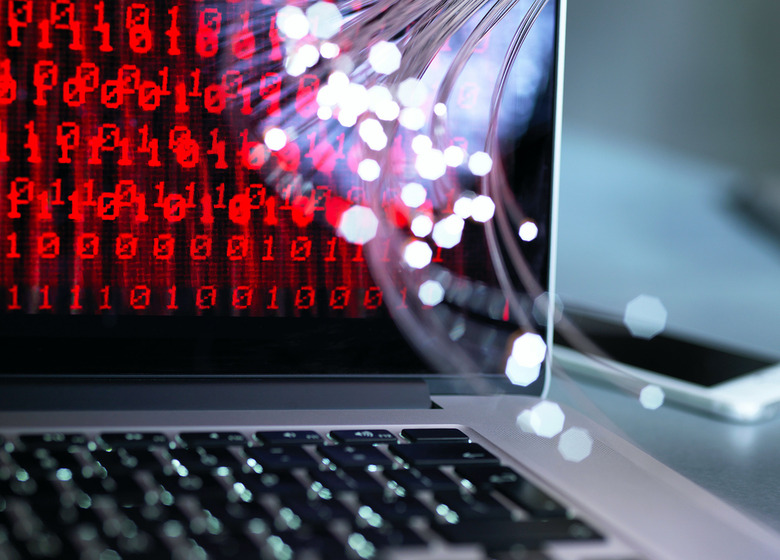The Trump Administration Is Thinking About Banning End-To-End Encryption
The proliferation of end-to-end encryption services has been fantastic for end users and for privacy, but it has also been a huge problem for intelligence and law enforcement agencies. Ironically, it's the Snowden revelations from a few years ago that shined light on the far-reaching powers of the NSA and its partners when it comes to mass-surveillance operations, thus pushing more tech companies to create chat and voice apps that are end-to-end encrypted. The US government is still unsure of what to do about the phenomenon, and it's actually going as far as to consider legislation that would ban end-to-end encryption.
Senior Trump administration officials met on Wednesday to discuss whether to seek legislation against encryption Politico reports. No conclusion has been reached by the group, which is said to have included "No. 2 officials from several key agencies."
Politico wasn't able to determine what the participating agency leaders said at the meeting, but not everybody agrees. The DOJ and FBI say that catching criminals and terrorists should be the top priority, even if less secure encryption causes hacking risks. The Commerce and State Departments disagree, saying that mandating backdoors in encryption could have undesired economic, security, and diplomatic consequences.
The DHS is divided on the matter. The Cybersecurity and Infrastructure Security Agency knows the importance of protecting sensitive data with secure encryption, but ICE and the Secret Service often run into encryption roadblocks during their investigations.
End-to-end encryption ensures that no third-party can see the data you exchange with others, not even while it's in transit. That means the contents of your chats and calls are protected. Apple has long been the most prominent defender of strong security and privacy, and its devices and services are end-to-end encrypted. Facebook's WhatsApp is also end-to-end encrypted, and Facebook said it's working on bringing this security feature to other products.
Backdoors in end-to-end encryption, as great as they might sound on paper, pose a significant security risk. Anyone with the right knowledge could find them and use them of their own advantage.
The US is hardly the first Western country to consider a ban on encryption — the UK tried it too. And Senators Richard Burr and Dianne Feinstein tried to pass a bill in 2016 after the San Bernardino shootings, but that proposal didn't get too far.
An actual ban would come at odds with the government's stance on Huawei. Senior intelligence officials have warned in the past that Huawei equipment might be used by China to spy on people. That's essentially what a backdoor into encrypted services would let the government do. Spy on people, whether they're the actual targets of active investigations or just unsuspecting users.
Politico says that the decision to hold an NSC deputies meeting suggests the issue may not remain on the back burner for long. But the report also notes that Congress is unlikely to pass a bill that completely bans end-to-end encryption.
